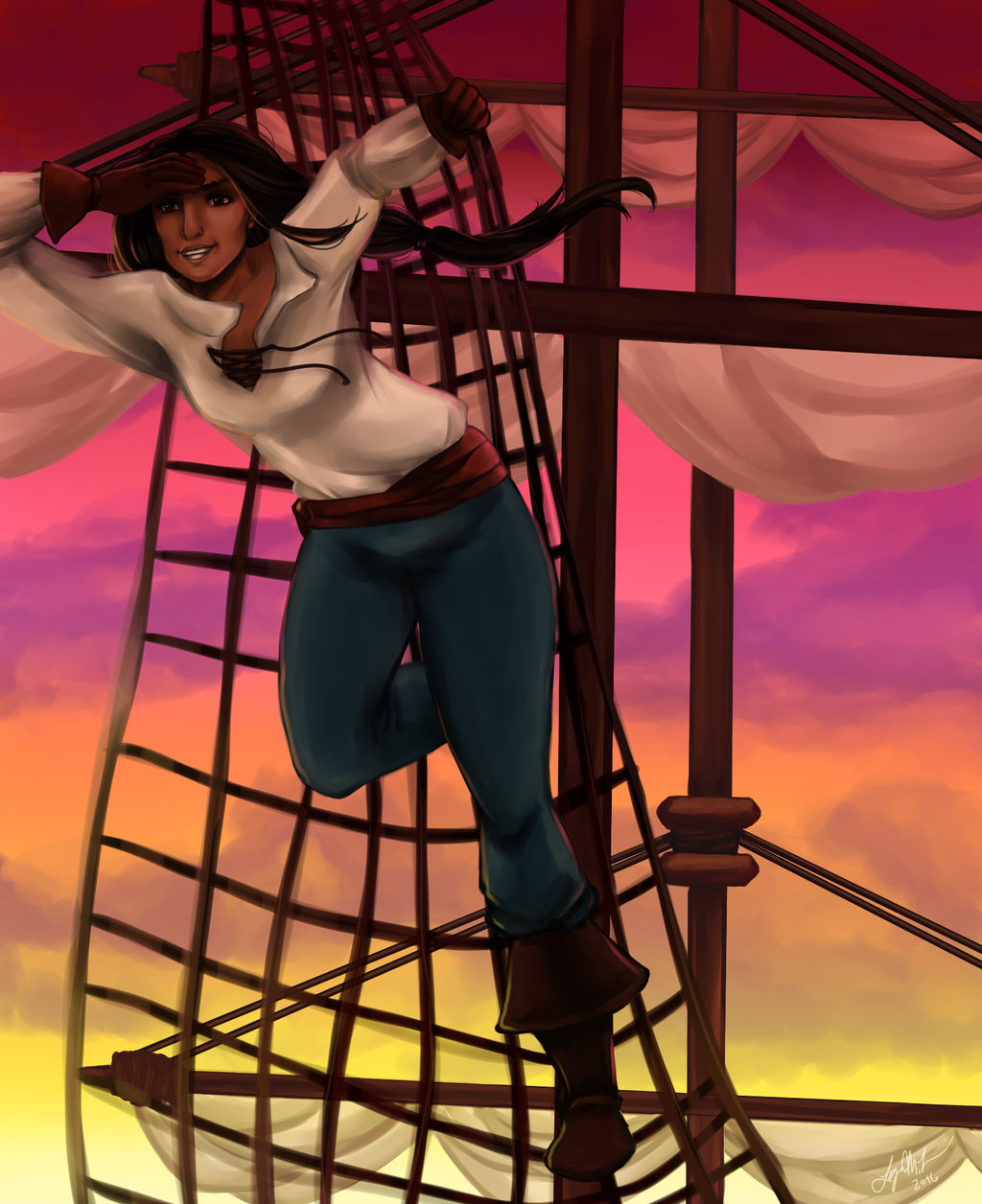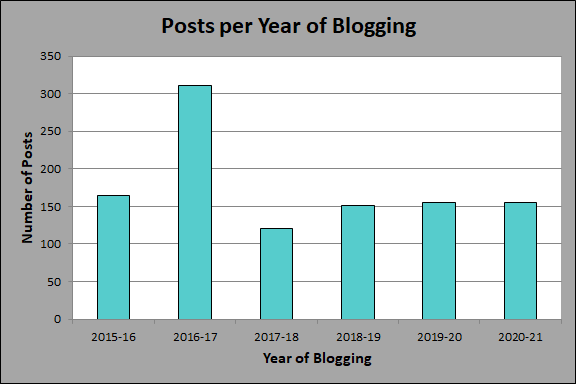Around two months ago, I wrote a bit about a missed opportunity in my classroom. I’ve been thinking about such things again recently, not least because I’ve noted a lot of people looking at the syllabus for the hypothetical course on mainstream fantasy literature I developed back when I was actually looking for college–level teaching jobs. In it, I note that
texts included [in the required readings] exist in an uneasy tension. They do contribute to what prevailing understandings of fantasy literature as a genre is, to be sure, and they do try to strike some balance between male and female authorship. But they also fail to reflect the engagement of dominant traditions in the genre with authors of color. It is in part to work against such failure, and the failure of dominant tendencies in fantasy literature to engage with persons of color, that the major assignment sequence in the course is oriented as it is. Further, the specific failures of the required texts to treat and reflect persons of color will comprise a recurring thread in the required online discussions. (2)

Image from PHD Comics, here, used for commentary
The problem I do not mention is, of course, that I do not flesh out those assignments. I’d meant to do so, I think; it’s been a while. But after I gave up the search for continuing work, it became less of an issue; I was still teaching, but I was teaching required syllabi, as is common enough. As with many things, returning to the project slipped my mind; perhaps it ought not to have done, and it does not excuse my failure that I am aware of it.
There’s more involved in assignment design than many realize, of course, and more than I can necessarily address in a single post (especially given the other stuff that I have going on in and around composing it; I’m moving, as might’ve been noted, and I continue to freelance and to participate in an NEH institute). But it might be a good starting point to follow up on the suggestion made already; the major assignment sequence in the syllabus, which results in a conference-length paper, (was meant to have) aimed at 1) looking at canon-formation and 2) suggesting what works / authors should be included in a future iteration of such a course. That is, students would have been asked to examine how “standard” bodies of work grow up, identify an author or work that seemed to fit that pattern, and then argue that said author / work should be included in the body of work studied as “standard” for the genre.
Considering the matter further, I am not sure I would still require an annotated bibliography from students. I taught or “taught” the genre at multiple institutions across many years, and it was always a struggle to get students through it; I am not sure it still carries the kind of traditional heft it seemed to when I was going through undergraduate coursework and being taught how to teach college English, although it certainly has come in handy in the years since (and I still work on one, obviously). Nor yet am I sure about all of the details; the summative exam included in the syllabus is a nod to what I’ve seen of institutional requirements, and the minor assignments mentioned are largely preparation for the exam, following my teaching practices at the time. (When I had the “luxury” of writing my own quizzes and tests, I’d pull the tests straight from the quizzes. It seemed to help.) But such things are dreams, really, glimpses of a life that never will be; I have enough to do with the life I do live, and with that, I should be content.
For now.

















